Mulching is a gardening practice that holds a bouquet of benefits for roses, from enhancing soil health to protecting against environmental stresses. In this comprehensive guide, we delve into the critical role of mulching in rose care, exploring the various advantages and providing practical insights for an optimal mulching strategy.
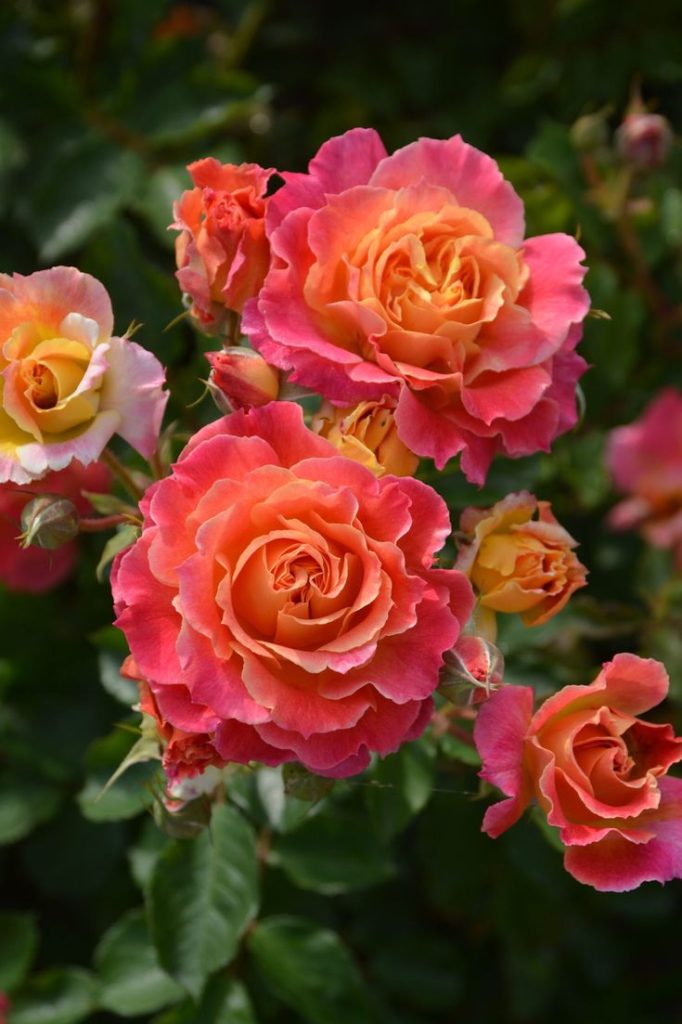
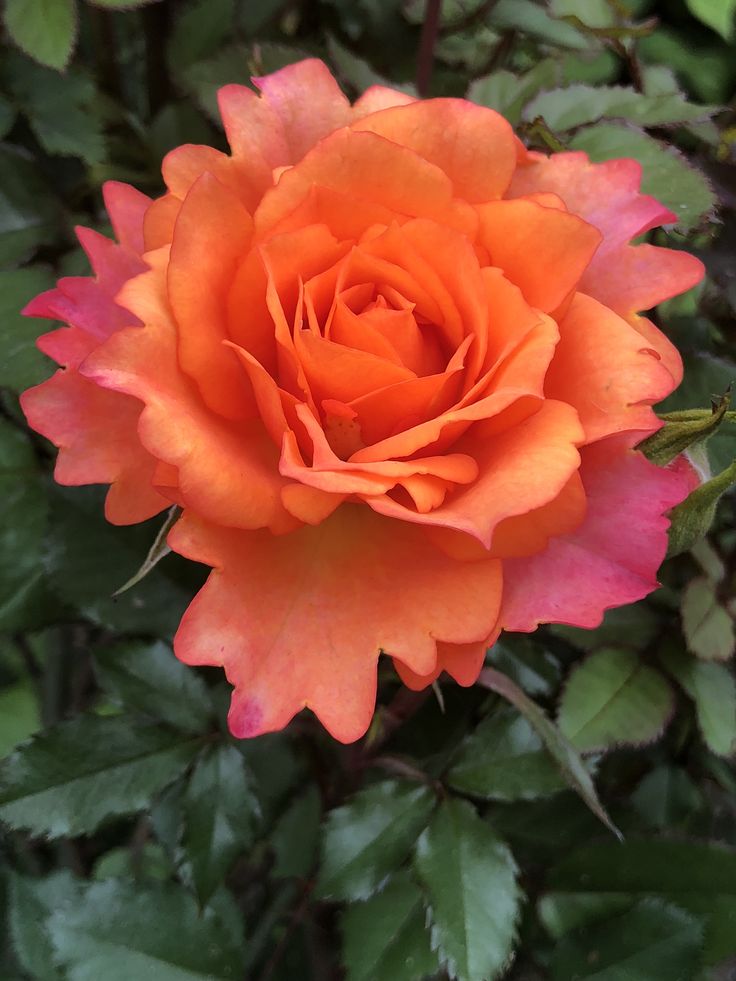
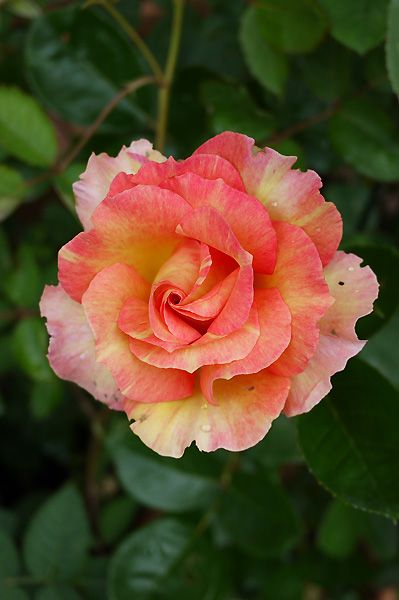

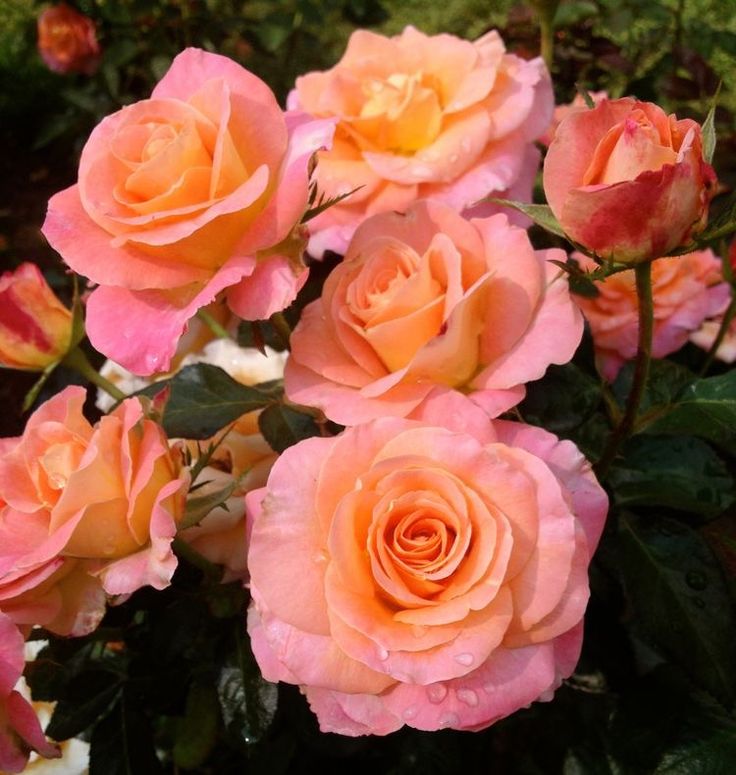

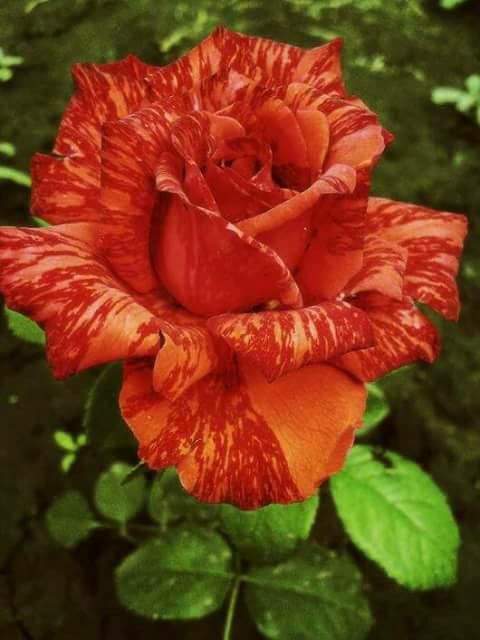
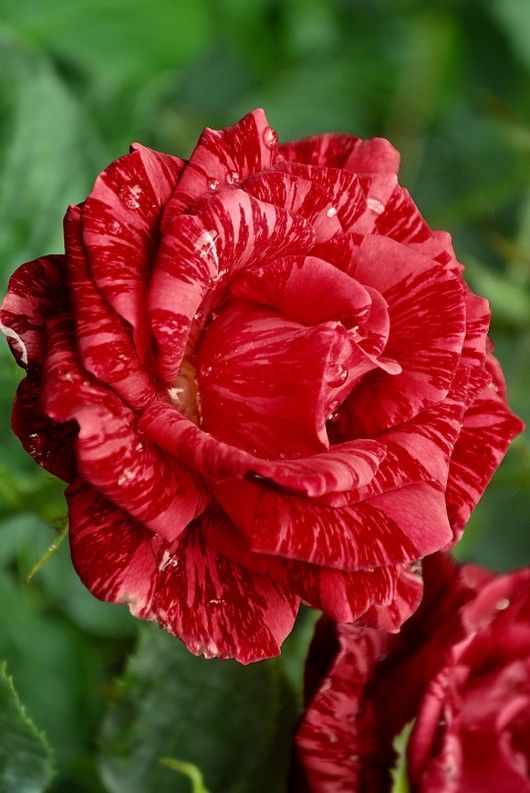


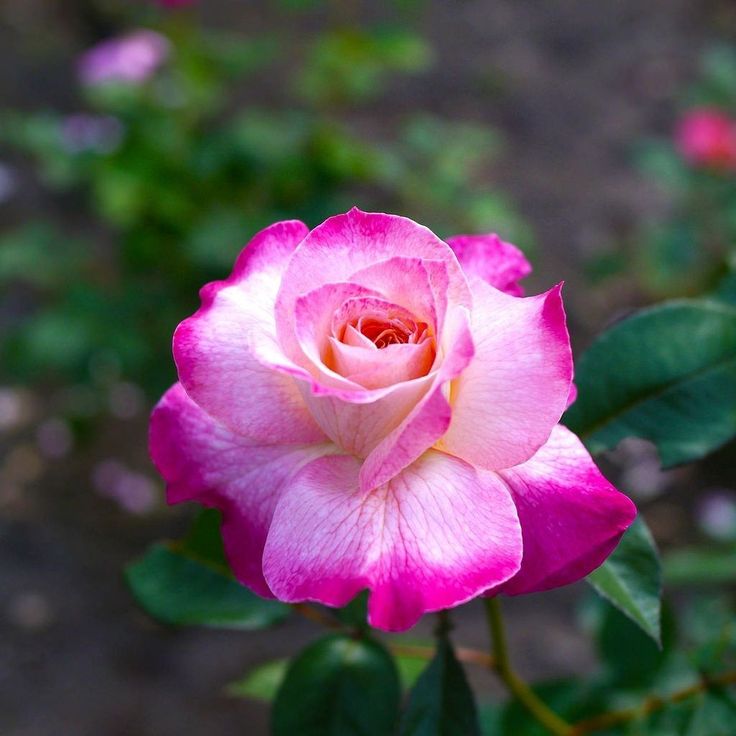
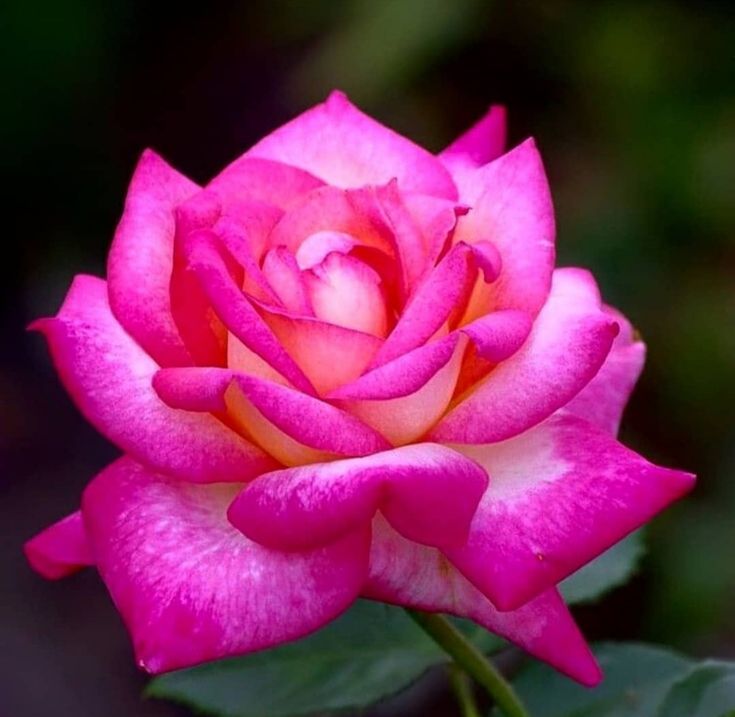

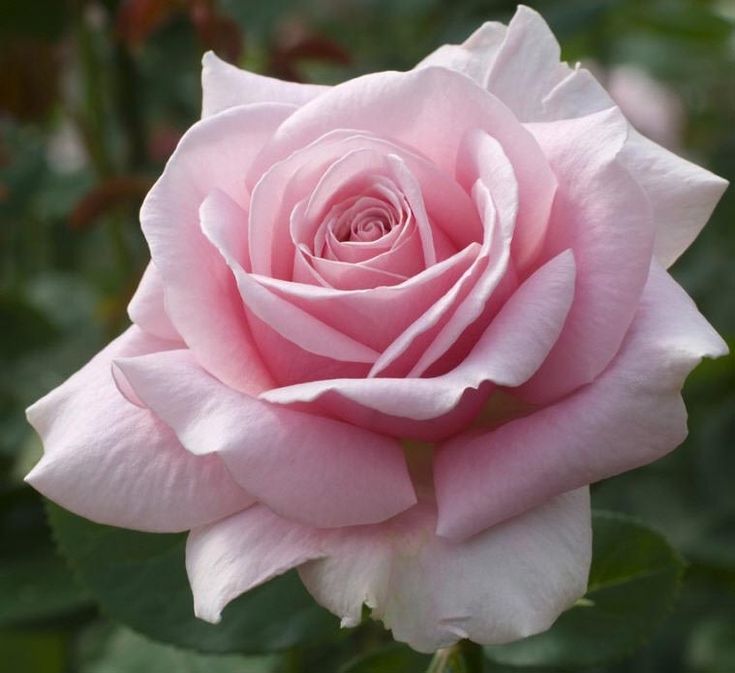
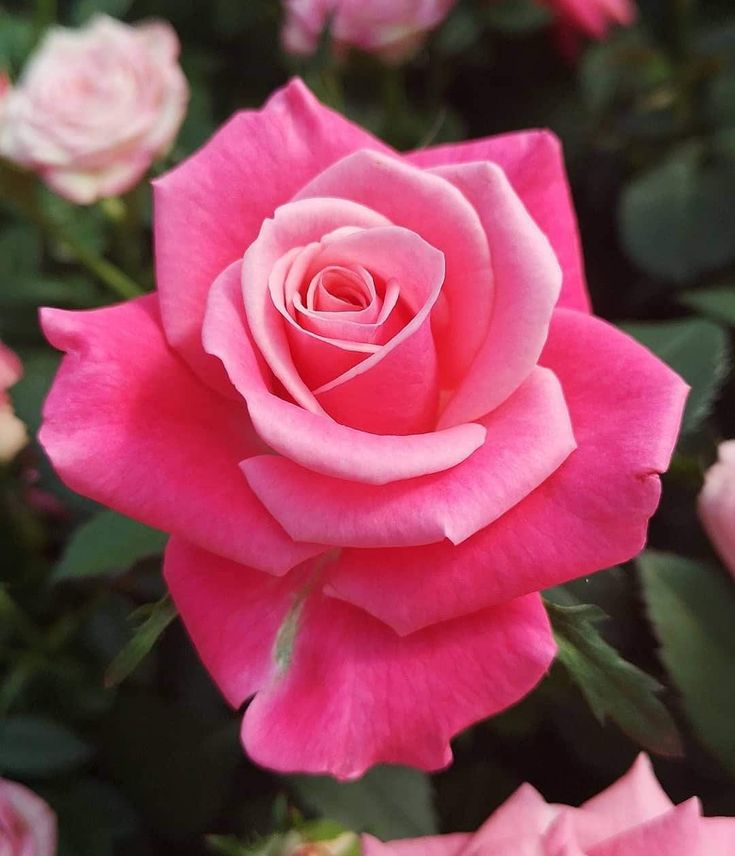
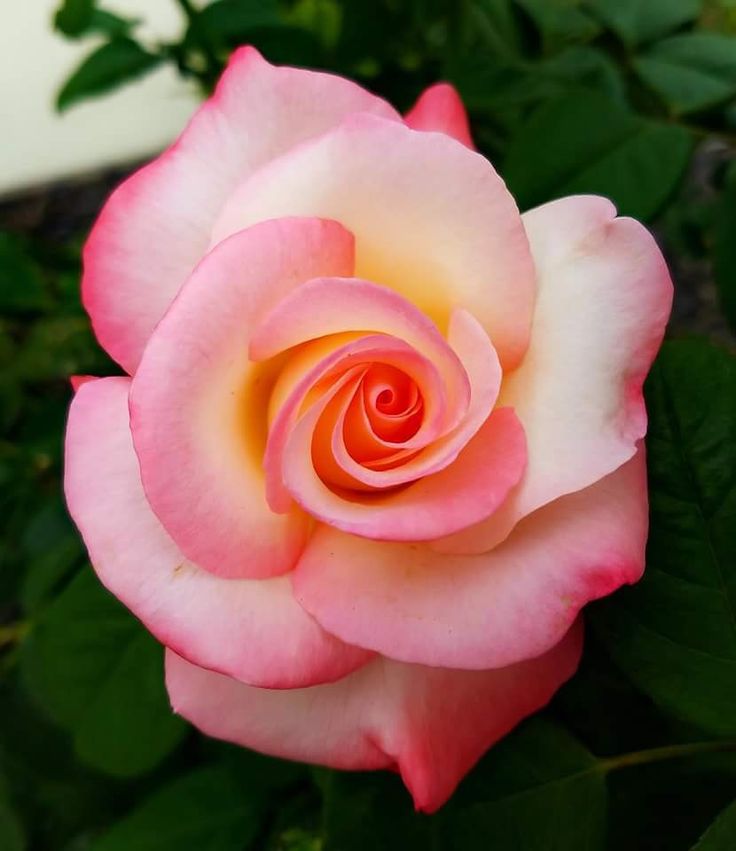
Understanding Mulching in Rose Care
**1. *Moisture Retention*
- Mulch acts as a protective layer, reducing water evaporation from the soil. This ensures that the root zone of your roses remains consistently moist, especially during hot and dry periods.
**2. *Weed Suppression*
- A thick layer of mulch inhibits weed growth around your roses. Weeds compete for water and nutrients, and their removal helps roses receive the full benefit of applied resources.
**3. *Soil Temperature Regulation*
- Mulch serves as a natural insulator, shielding the soil from extreme temperature fluctuations. This is particularly beneficial for roses, as it helps maintain stable soil conditions for optimal growth.
**4. *Preventing Soil Erosion*
- Mulch provides a protective barrier against soil erosion caused by wind or heavy rain. This is crucial for preserving the integrity of the root system and preventing nutrient loss.
**5. *Disease Prevention*
- Mulching helps prevent soil-borne diseases by acting as a barrier between the soil and the lower leaves of the roses. This reduces the risk of fungal infections and keeps the foliage healthier.
Choosing the Right Mulch for Roses
**1. *Organic Mulches*
- Choose organic mulches such as compost, straw, shredded bark, or wood chips. These materials break down over time, enriching the soil with organic matter.
**2. *Well-Aged Compost*
- Well-aged compost is an excellent mulching option, providing a nutrient-rich layer around your roses. It also promotes beneficial microbial activity in the soil.
**3. *Avoiding Mulch Too Close to Stems*
- When applying mulch, avoid piling it against the stems of your roses. This prevents potential issues like stem rot and allows for proper air circulation.
**4. *Mulch Depth*
- Apply mulch at a depth of 2 to 4 inches around your roses. This provides an effective layer for moisture retention and weed suppression without smothering the plants.
**5. *Mulching Frequency*
- Replenish mulch annually or as needed. Over time, organic mulches break down, and adding fresh material ensures continuous benefits for your roses.
Mulching Techniques for Rose Care
**1. *Create Mulch Basins*
- Form shallow basins around the base of each rose to contain water during watering sessions. This encourages deep root growth.
**2. *Extend Mulch Beyond the Drip Line*
- Extend the mulch layer beyond the drip line of your roses. This covers the entire root zone and ensures uniform benefits.
**3. *Mulching in Spring*
- Apply a fresh layer of mulch in spring before the growing season begins. This prepares the soil for the demands of new growth and flowering.
**4. *Mulch Consistency*
- Maintain a consistent layer of mulch throughout the rose bed. This creates an aesthetically pleasing and uniform appearance.
**5. *Monitor Mulch Thickness*
- Regularly check the thickness of the mulch layer. If it has significantly decomposed, add more material to maintain the desired depth.
Conclusion
Mulching stands as an indispensable ally in the care of your roses, offering a multitude of advantages that contribute to their health, beauty, and resilience. By understanding the role of mulching and adopting effective strategies, you can cultivate a thriving rose garden that delights the senses and flourishes throughout the seasons.
FAQs About Mulching in Rose Care
- Q: Can I use any type of mulch for roses?
- A: Yes, various types of mulch, including compost, straw, shredded bark, and wood chips, are suitable for roses. Choose organic mulches that break down over time to enhance soil health.
- Q: How often should I replenish the mulch around my roses?
- A: Replenish the mulch annually or as needed. Over time, organic mulches decompose, and adding fresh material ensures continuous benefits for your roses.
- Q: Is there a specific time of the year to apply mulch for roses?
- A: Applying mulch in spring before the growing season begins is beneficial. This helps prepare the soil for new growth and flowering.
- Q: Can mulch attract pests to rose plants?
- A: While mulch itself does not attract pests, it can provide hiding places for certain insects. To minimize the risk, avoid piling mulch directly against the stems of your roses.
- Q: Is it necessary to create mulch basins around roses?
- A: Creating mulch basins around roses is optional but can be beneficial. These basins help contain water during watering sessions, encouraging deep root growth and efficient water absorption.